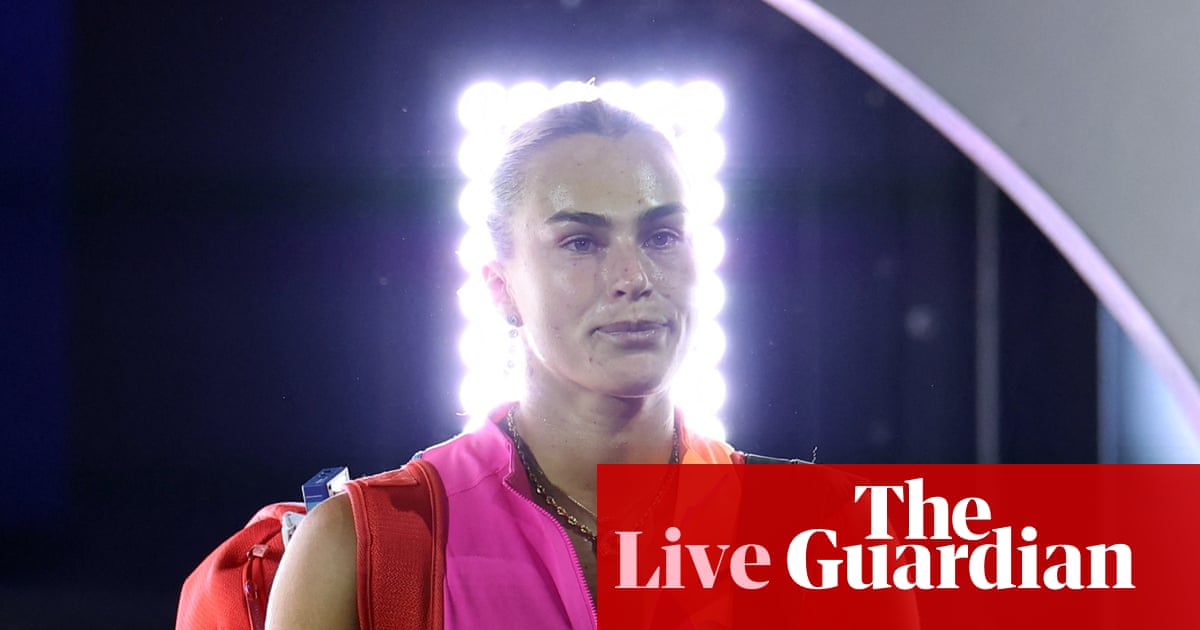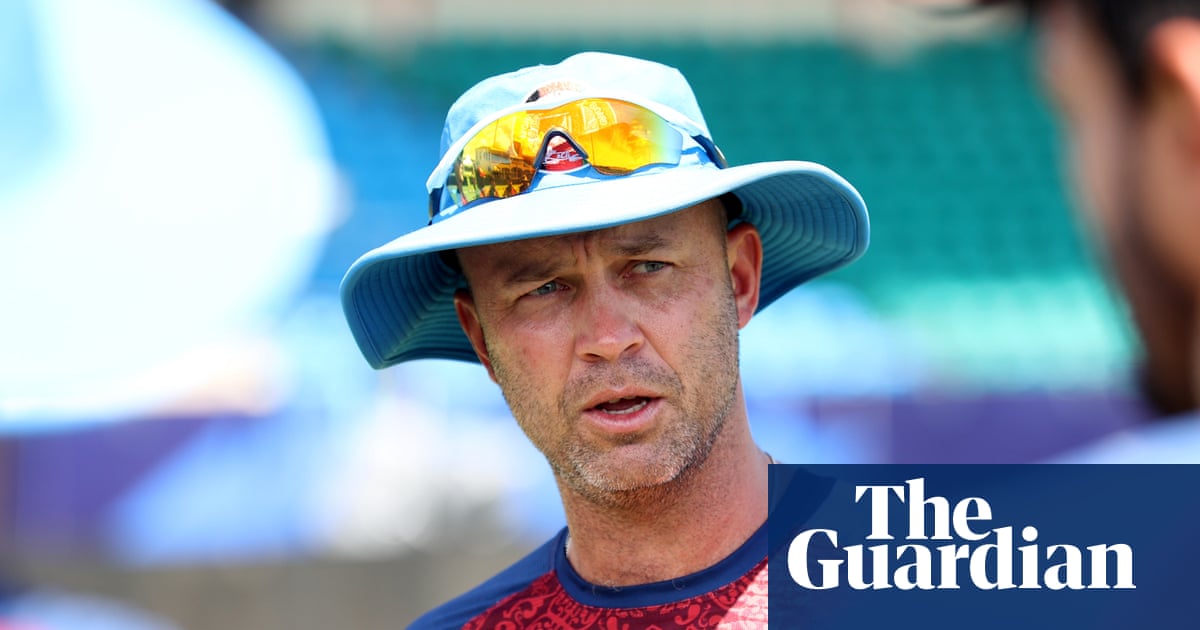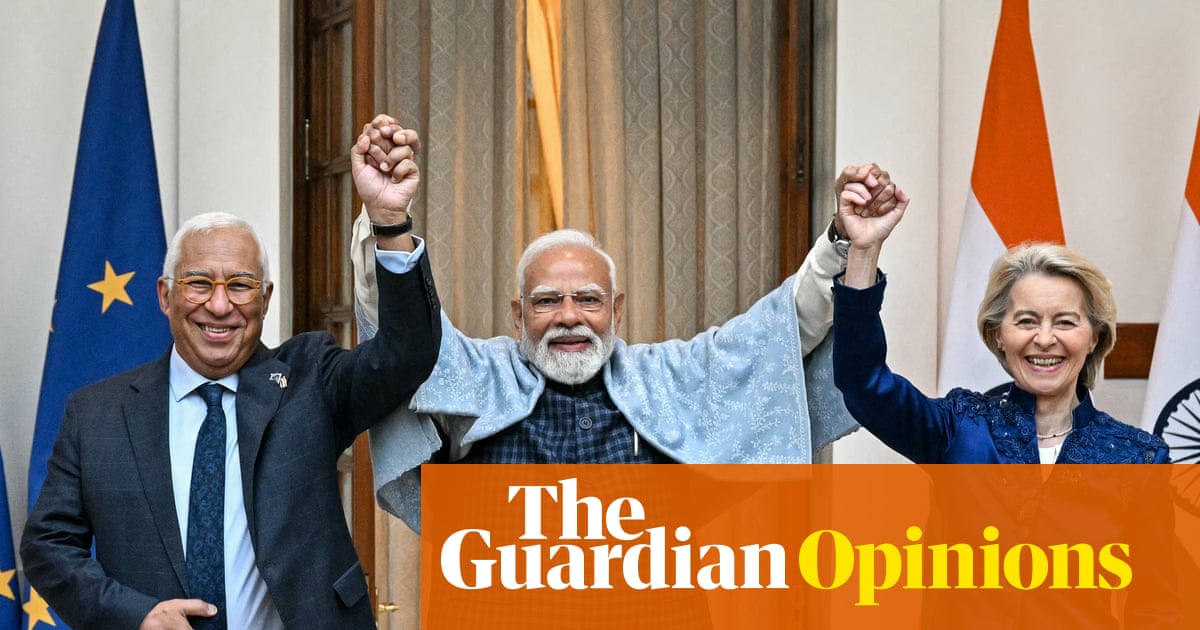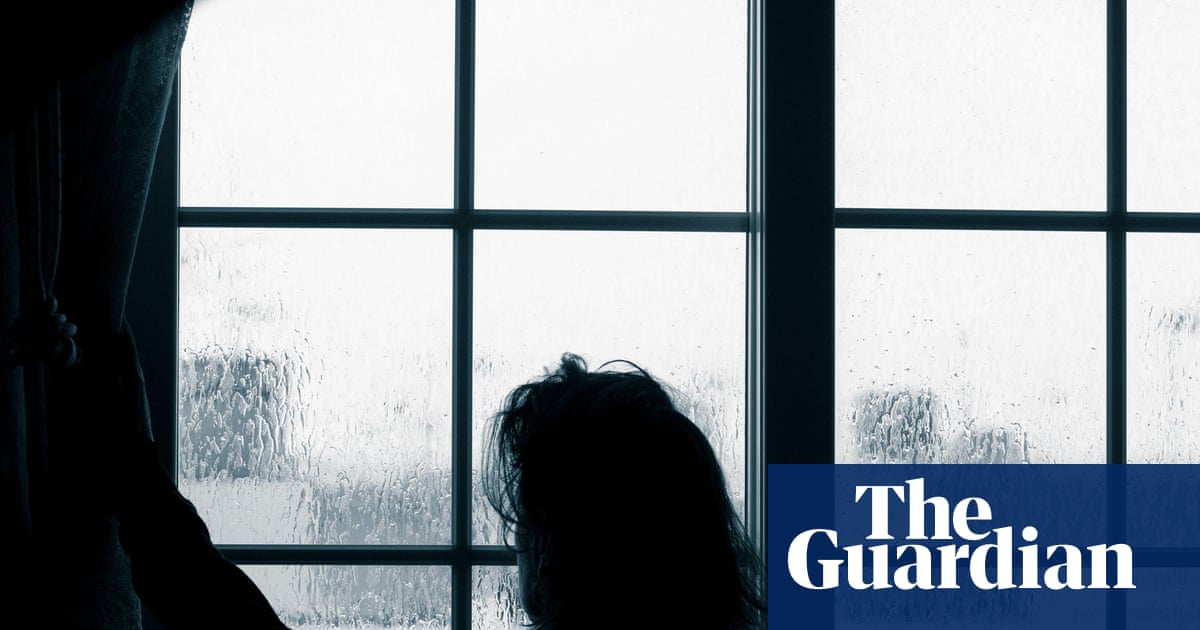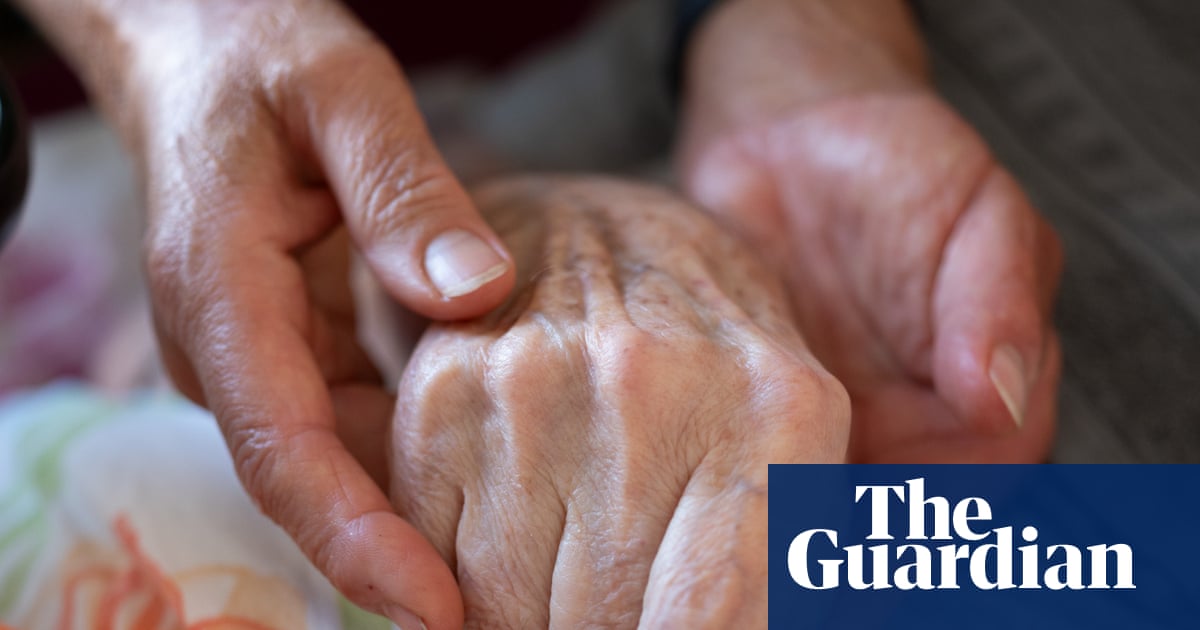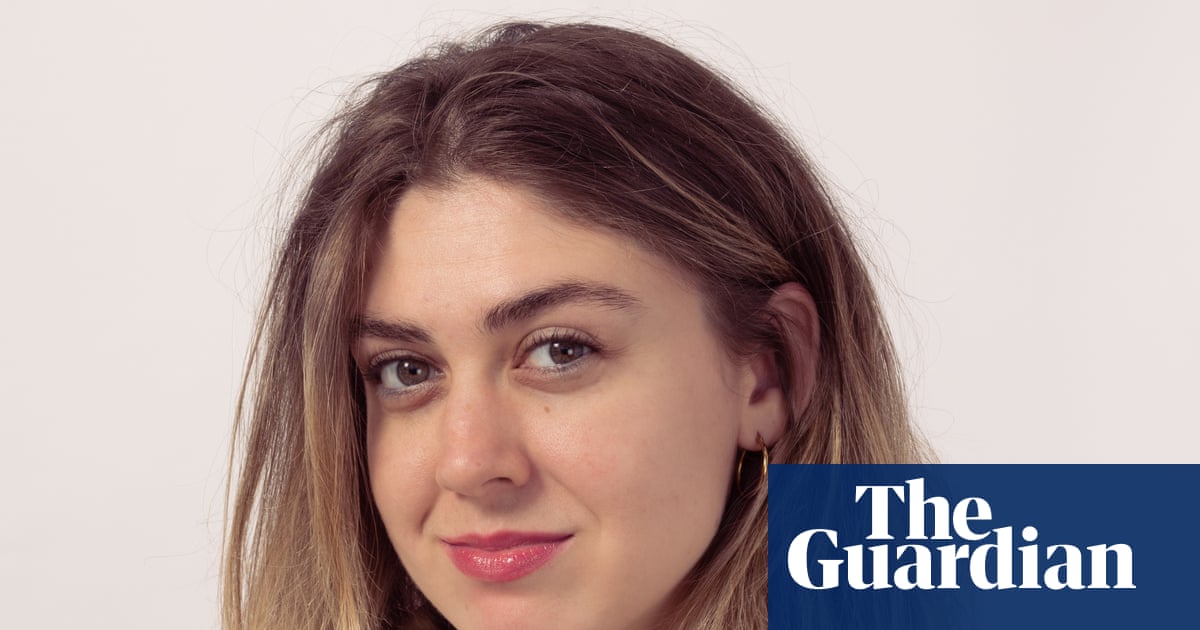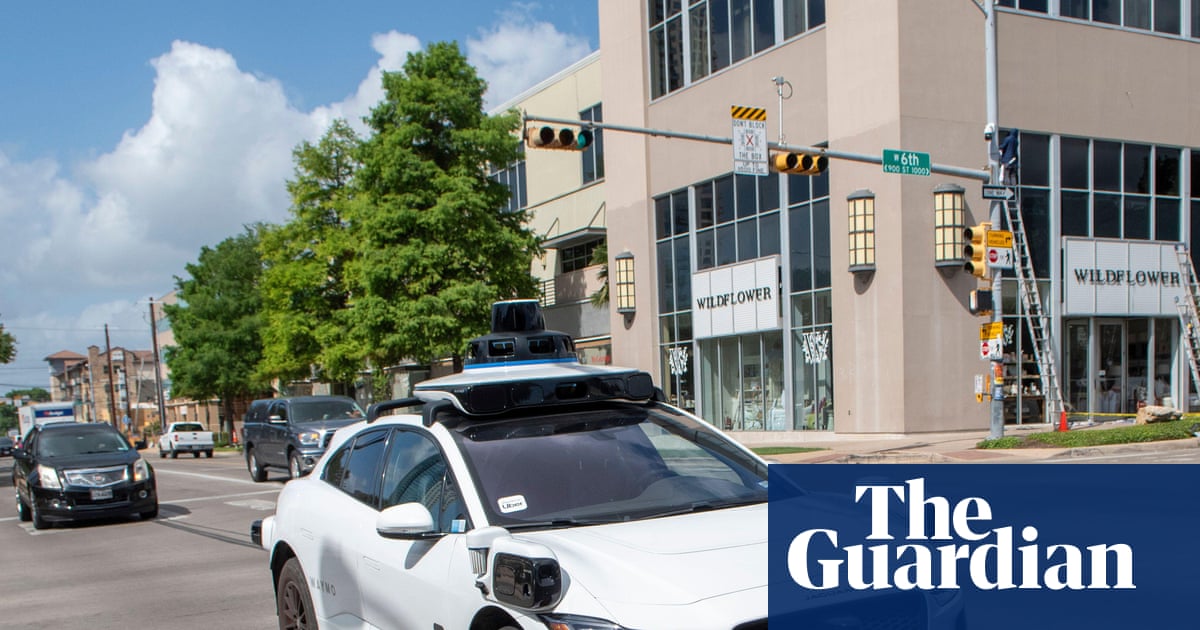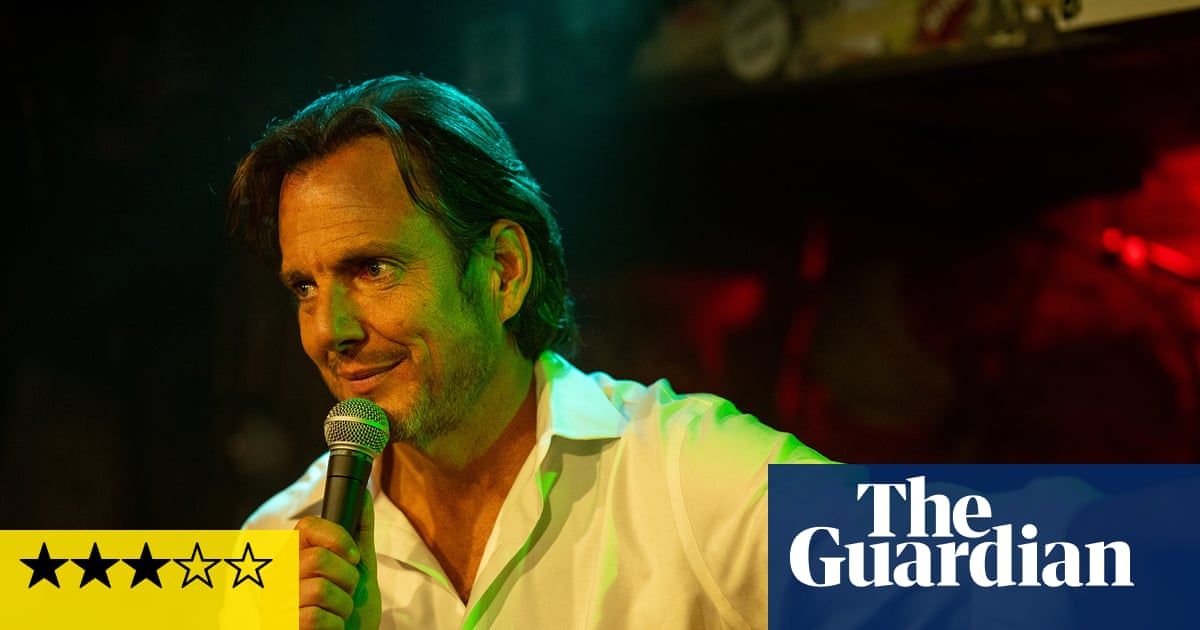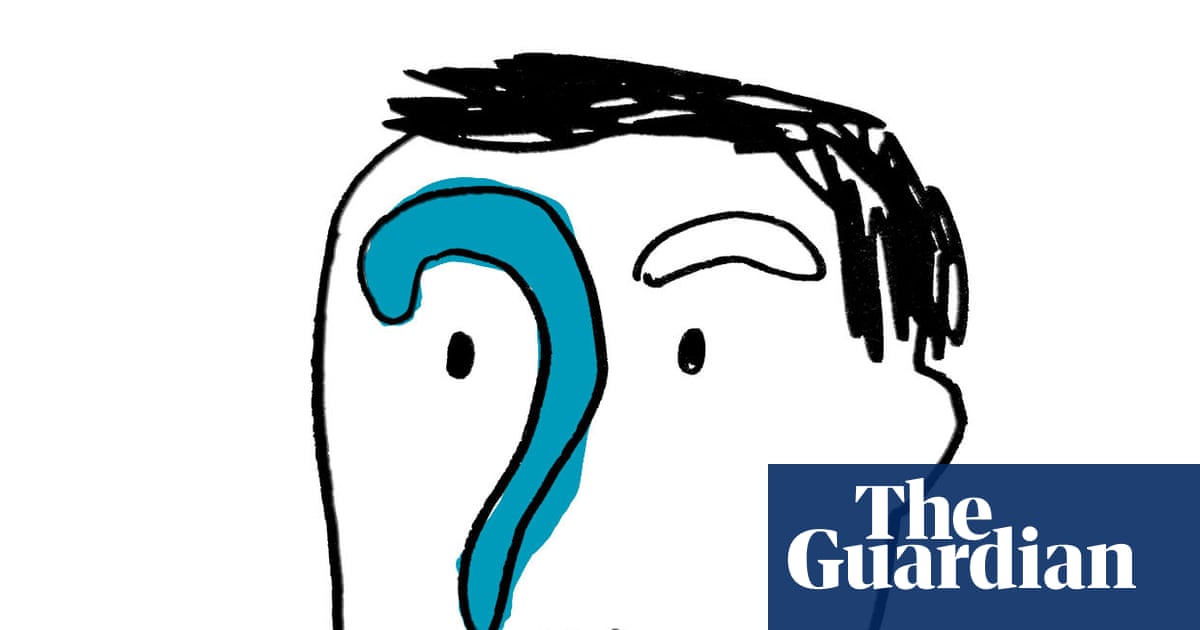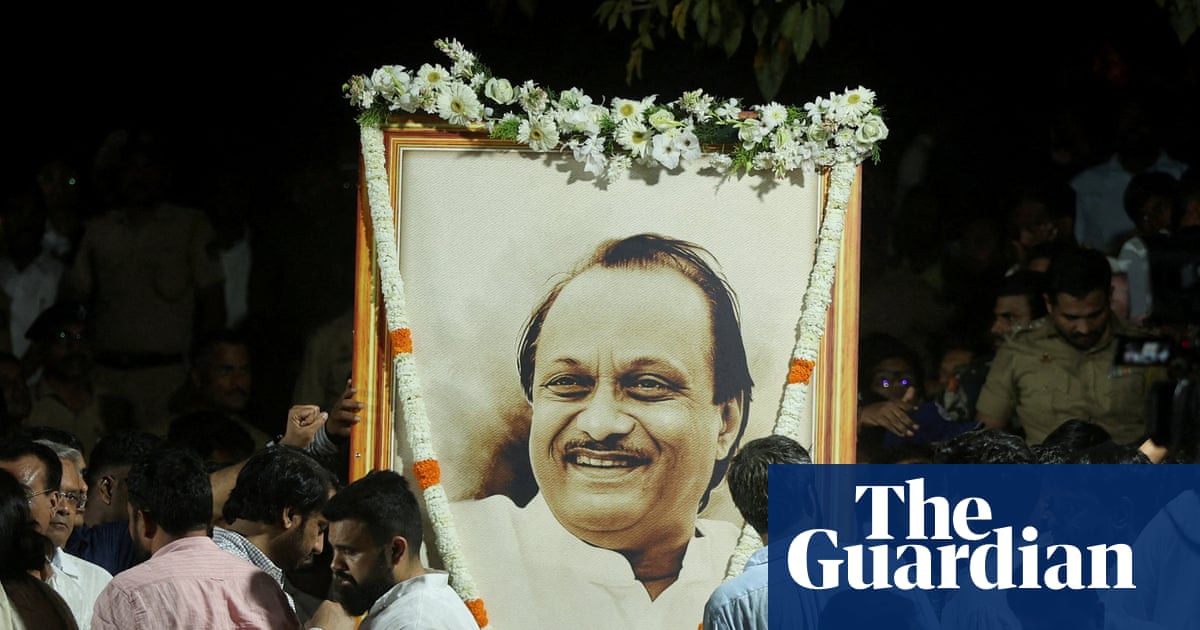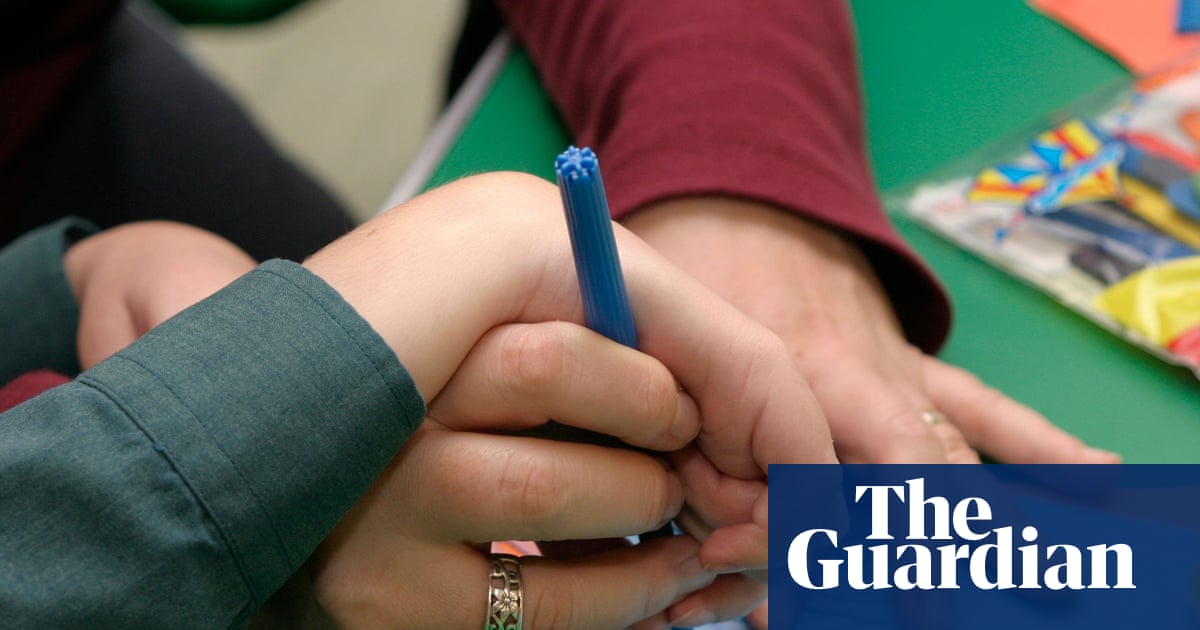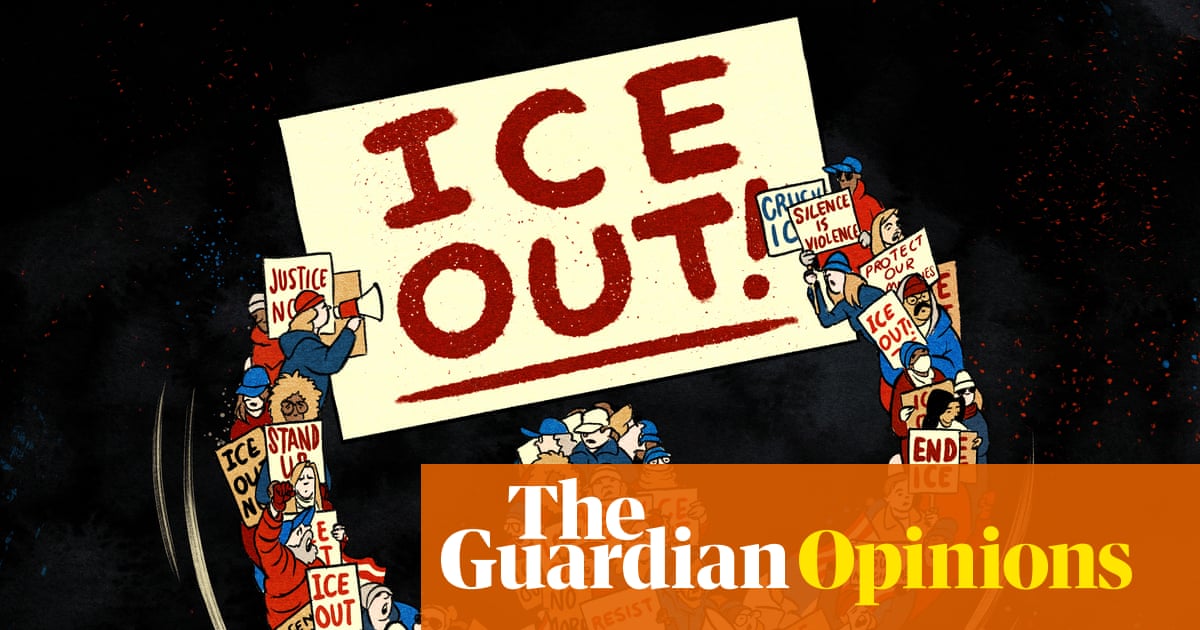The Spanish government has granted citizenship to 170 descendants of volunteers in the International Brigades in recognition of their fight against fascism during the Franco dictatorship that followed the civil war.
An estimated 32,000 volunteers from around the world joined the anti-fascist brigades during the civil war, including approximately 2,500 men and women from Britain and Ireland, of whom 530 were killed.
At a ceremony in Madrid, the Spanish prime minister, Pedro Sánchez, said of the new citizens: “It will be an honour to call them compatriots. We call for the defence of the same democracy as they did at a time when it is under threat around the world.”
This month is the 50th anniversary of the death of Francisco Franco, whose coup in July 1936 triggered the three-year conflict.
Jim Jump, the chair of the International Brigade Memorial Trust in London, said: “The Spanish government’s decision underlines its determination to erase the toxic legacy of the Franco dictatorship. Many families of International Brigaders continued to campaign for the restoration of democracy in Spain during those dark years.
“Spanish citizenship for them fulfils the spirit of the historic pledge made by the Spanish Republic to offer a home for the Brigaders.”
One of those to receive citizenship is Peter Crome, a retired professor of geriatric medicine and son of Len Crome, who served as a doctor in the International Brigades at Jarama, near Madrid, and during the Battle of the Ebro.
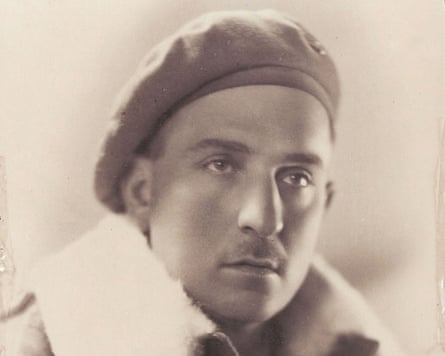
Crome was born in Latvia, then part of the Russian empire, and came to Britain in 1926 where he studied medicine in Edinburgh.
“He was what today you’d call a lefty but he wasn’t a member of a political party,” Peter Crome said. “He was concerned about the rise of fascism and antisemitism. In common with many others, those were the factors that led him to Spain.”
Len Crome was a polyglot who spoke Russian and German among other languages and so was able to communicate with many of the volunteers who came from all over the world. As a result, by the time the brigades were withdrawn late in 1938, he had been promoted to chief medical officer.
On his return to Britain, he anticipated the war with Germany and applied to join the territorial army. However, he was rejected on the grounds that he didn’t have a British father and as such “was now eligible for removal from the UK”.
Peter believes that rejection and his experiences in Spain were what led his father to join the Communist party.
His suspect parentage did not stop him from being conscripted later in the war where he once again served as a doctor and was awarded the military cross for bravery in Italy at the Battle of Monte Cassino.
Peter Crome said this recognition of the volunteers’ descendants is the fruit of a long campaign by groups in Spain and elsewhere. Between 2009 and 2013, citizenship was granted to 23 of the then surviving members of the International Brigades.
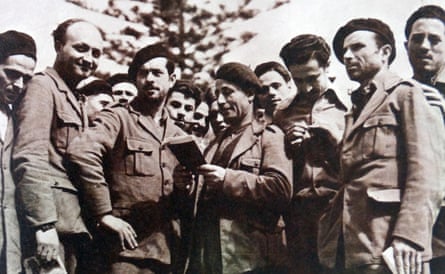
The government has also taken further steps to outlaw the National Francisco Franco Foundation, giving it 10 days to refute the accusation that its goals and activities run counter to the spirit of the democratic memory law because they promote “an apologia for Francoism” and “demean the victims’ dignity”. Once the deadline has passed, judicial proceedings will begin.
The government is expected to pass a royal decree later this month calling for the removal of pro-fascist symbols and other relics of the dictatorship “so that they can be removed once and for all from our streets, squares, villages and cities, without excuses or delays”, Sánchez said.
In addition to honouring the international volunteers, the government also recognised its “debt of gratitude” to 18 victims of the dictatorship, among them the poet Federico García Lorca, who was murdered in 1936, and the film-maker Luis Buñuel, who was exiled and had his work censored in Spain.
Laura García Lorca, the poet’s niece, said: “On receiving this recognition today, we think not only of Federico but also the tens of thousands of women and men who lost their lives, their freedom or their freedom of expression, who were shot by firing squads, imprisoned, exiled, purged or condemned to silence.”
Among the lesser-known figures honoured during the ceremony were Margot Moles Piña, a pioneer of women’s sport in Spain, and the trade unionist Antonio Menchén Bartolomé. María Luisa Ramos Barril, 98, who was deported to the Mauthausen concentration camp in 1940, was present to receive the award.

 2 months ago
47
2 months ago
47
